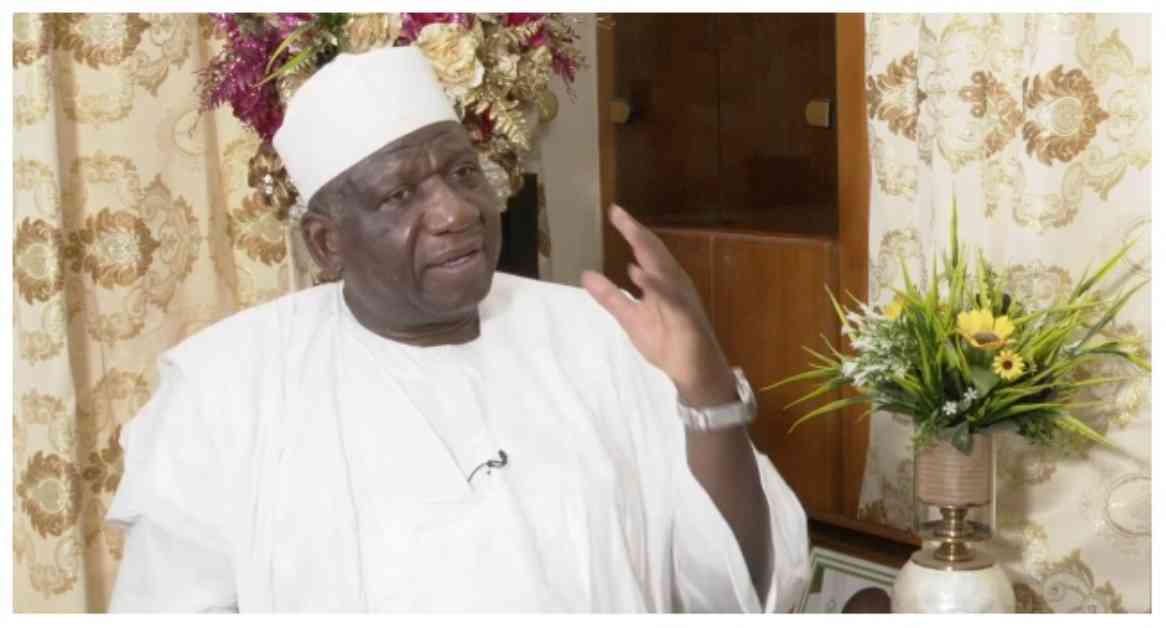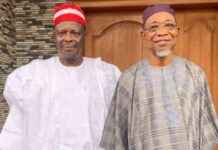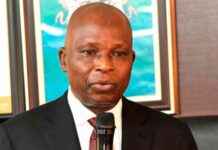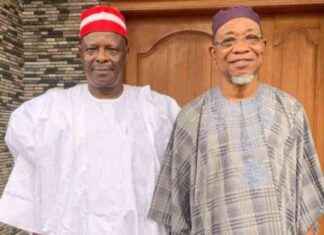In a scathing critique, the National Chairman of the Action Development Party (ADP), Eng. Yabagi Sani, has lambasted President Bola Tinubu’s administration, painting it as one of the most disastrous in Nigerian history, responsible for causing widespread ‘hunger and pain’ among citizens. Sani’s comments come in the wake of a damning report from the Nigerian Economic Summit Group (NESG), revealing that over seven million businesses have closed their doors in Nigeria during the first two years of Tinubu’s presidency. The report, as detailed by Dr. Segun Omisakin, the Chief Economist and Director of Research at the NESG, highlights a staggering N94 trillion loss attributed to multinational divestments and business closures, underscoring the severe economic downturn that has led to the demise of approximately 7.2 million businesses between 2023 and 2024.
Challenging Times and Reforms
President Tinubu, however, offered a different perspective last Thursday when he met with a delegation of former National Assembly colleagues. Defending his administration, Tinubu acknowledged the significant obstacles faced upon assuming office, describing the period as “very challenging times.” He credited his administration with preventing Nigeria from bankruptcy through a series of crucial reforms, claiming that the nation is now on a solid economic foundation. Tinubu pointed to positive indicators such as a stabilizing exchange rate and decreasing food prices, particularly during the holy month of Ramadan, expressing optimism for the future. Despite his assurances, the stark realities portrayed in the NESG report and echoed by Eng. Yabagi Sani paint a contrasting picture of the current state of affairs in Nigeria.
Divergent Views on the Economy
Eng. Yabagi Sani, who contested the 2023 presidential election under the ADP banner, articulated deep concerns about the escalating suffering experienced by Nigerians under Tinubu’s leadership. Drawing a comparison to the previous administration of ex-President Muhammadu Buhari, Sani asserted that the current economic hardships surpass those of the past. He called upon the federal government to address critical issues such as inflation, exchange rates, and the soaring cost of transportation, emphasizing the urgent need for remedial action. Sani’s plea for decisive government intervention to alleviate the burden on Nigerians resonates with the palpable distress felt across the nation.
In a contrasting viewpoint, a Chieftain of the All Progressives Congress (APC), Comr. Samuel Danjuma, defended the Tinubu-led administration, lauding its commitment to implementing policies aimed at improving the welfare of citizens and steering the economy towards recovery and prosperity. Danjuma highlighted the administration’s unprecedented move to remove fuel subsidies, signaling a departure from past practices and a bold step towards economic sustainability. Despite criticisms leveled at the government, Danjuma shifted the focus to individual responsibility, suggesting that Nigerians must also play their part in alleviating economic challenges by embracing accountability and conscientious behavior.
As the debate rages on between supporters and detractors of President Tinubu’s administration, the plight of ordinary Nigerians caught in the crossfire of economic upheaval remains a pressing concern. The stark realities of widespread business closures, escalating inflation, and soaring transportation costs underscore the urgent need for comprehensive solutions to address the multifaceted challenges facing the nation. As the government grapples with balancing economic reforms and social welfare, the resilience and resourcefulness of the Nigerian people will undoubtedly play a pivotal role in shaping the trajectory of the nation’s future. In the face of adversity, unity, empathy, and a shared commitment to progress will be indispensable in navigating the turbulent waters of uncertainty and charting a course towards a brighter tomorrow.















